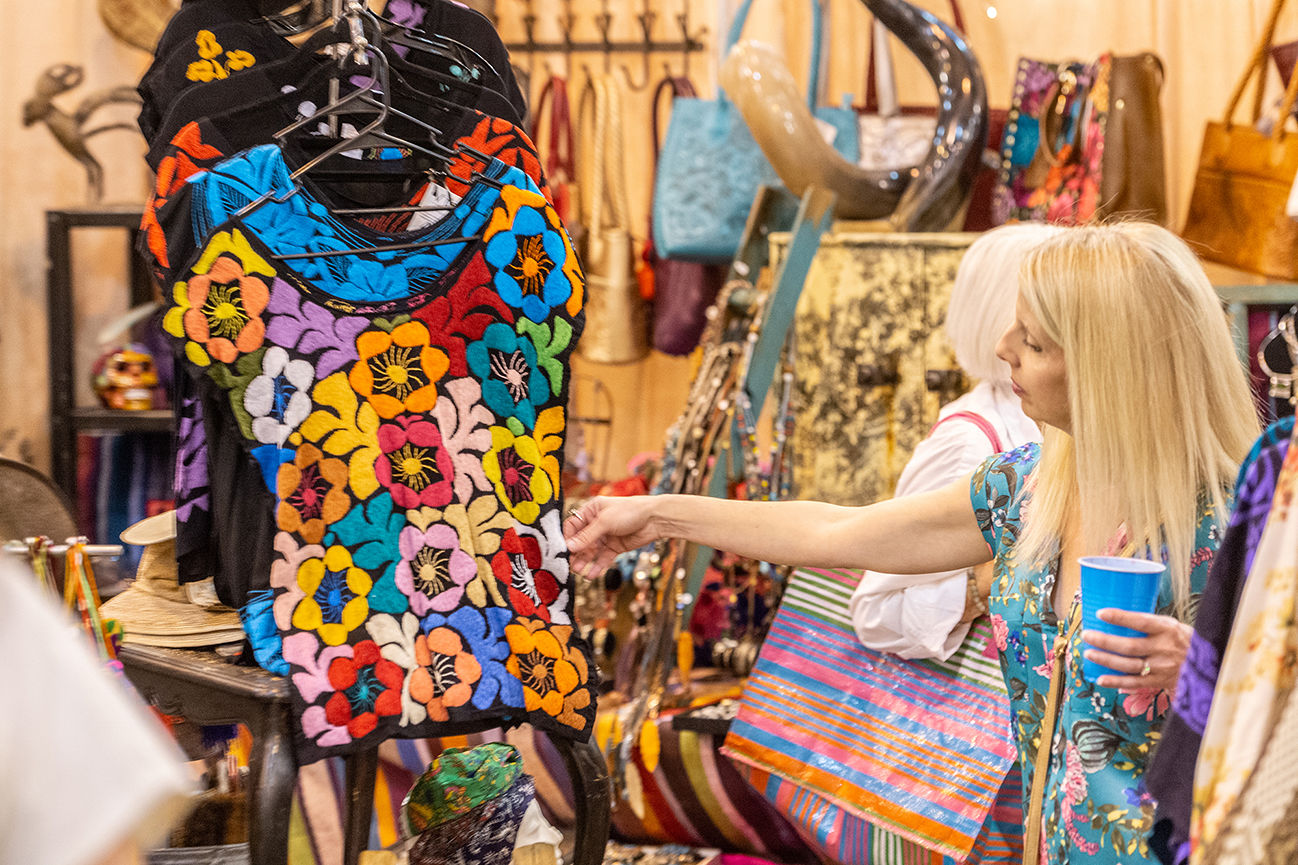Farms, Farmers Markets Resilient Through Pandemic
When Harris County Judge Lina Hidalgo announced stay-at-home orders on Tuesday, one question immediately picked at Houstonians’ minds—not to mention comment sections. With grocery store shelves emptying out as quickly as workers can stock them and delivery slots only available weeks from now, how are we supposed to get our food? What’s the safest way we can access fresh essentials while maximizing social distancing and minimizing our risk of contracting or spreading novel coronavirus COVID-19?
Local farms, such as Finca Tres Robles, Plant It Forward, and Urban Harvest, have all been designated critical infrastructure and adjusted their protocols accordingly. With tighter safety measures designed for reducing human contact and new options available to increase accessibility, they stand ready to both keep farmers employed and Houstonians fed.
“As an urban farm, we’ve really spent a lot of time focusing on the Houston community, and we’ve seen so much response just in people on our side of town that know about us and have reconnected with us because of recent events,” says Thomas Garcia-Prats, founder and general manager of Finca Tres Robles, an urban farm on the East End. “I think that makes us an integral part of responding to what’s happening.”
He notes that the bulk of the farm’s sales usually comes from farmers markets, but demand at their farm stand “is up over 150 percent.” Finca Tres Robles’s stand is open on Wednesdays and Saturdays, and this past Wednesday, it filled in the first orders placed through its newly-launched online portal. In its effort to further encourage contactless commerce, the farm has also introduced prepackaging of their produce, meats, and eggs.
“Internally, we’ve had to make some modifications with limiting the number of staff that come in,” Garcia-Prats says.
“We already follow food safety guidelines, and I’d say the biggest steps have been on the packaging side,” he continues. “Once everything has been harvested and cleaned, going from there to the CSA shares or into our walk-in cooler for our farm stand, we’ve taken extra precautions there, using gloves.”
At Plant It Forward, a sustainable community farming initiative supporting refugees and their families, President Liz Vallette has announced that home deliveries for farm share members will begin next week. This effort enables customers to remain under stay-at-home orders without worrying about access to fresh produce. Plant It Forward’s stands and farmers market booths remain active, as well.
However, according to the organization’s website, 20 percent of farmers’ incomes have been lost owing to restaurant closures and service reductions. Plant It Forward is accepting donations and new farm share subscriptions right now, and is working closely with other farms similarly experiencing a downturn as their hospitality clients face their own fiscal struggles. Farm shares and stand offerings will begin to incorporate more of Plant It Forward’s contemporaries over the coming weeks.
The market is still going
Urban Harvest, which operates farmers markets across the Houston area and manages more than 150 community farms, remains open at this time. The market has made changes to facilitate public health: For one, anyone feeling ill—particularly if they’re coughing and sneezing—should stay home and contact vendors directly to organize a delivery, if possible. Sorry, allergy sufferers, but it’s for the greater good.
In addition, Urban Harvest has installed hand-washing stations and removed all chairs, tables, and self-services of any kind; consequently, the hot meals many people enjoy at Urban Harvest are only available to-go. Customers will no longer be able to touch their food before purchasing. All transactions and packaging must be conducted by vendors wearing gloves that must get changed out regularly. Cards are heavily encouraged, though a few vendors may still accept cash.
“The easy thing is that we close,” Urban Harvest Farmers Director of Farmers Markets Tyler Horne told Houstonia recently, echoing the sentiment of many food producers and providers in the city. “Too many people depend on us. There’s not a compelling enough reason to close.”
During this unprecedented moment in Houston history, our community once more faces an opportunity to provide support and solidarity to the people who feed us. These essential workers hope to ensure access to the agricultural products we need for healthy meals. Eating from a supply chain located closer to home has added economic benefits, as well.
“We’re their neighbors. I think about three times the money that gets spent at local businesses stays in our local economy. Right now, that’s amplified,” Garcia-Prats says. “It’s also the relationships and the connections, and I think that’s what makes Houston so unique as a big city is our ability to support and continue to cultivate that community.”




